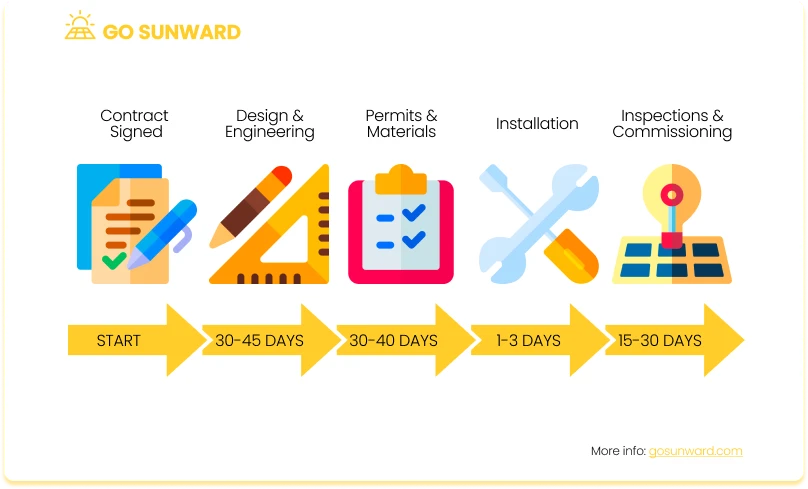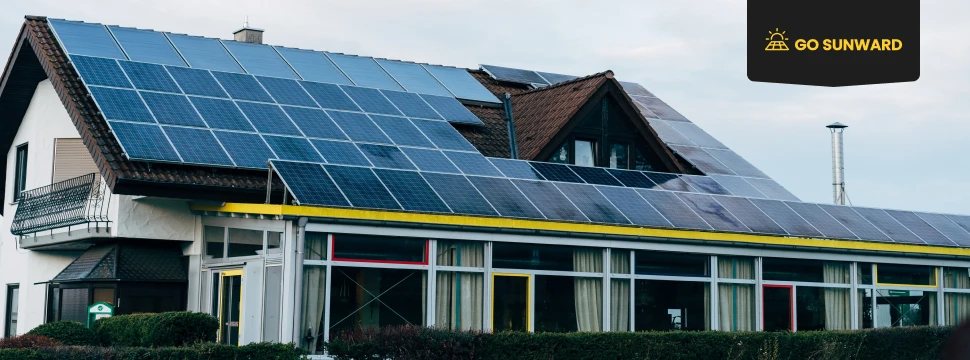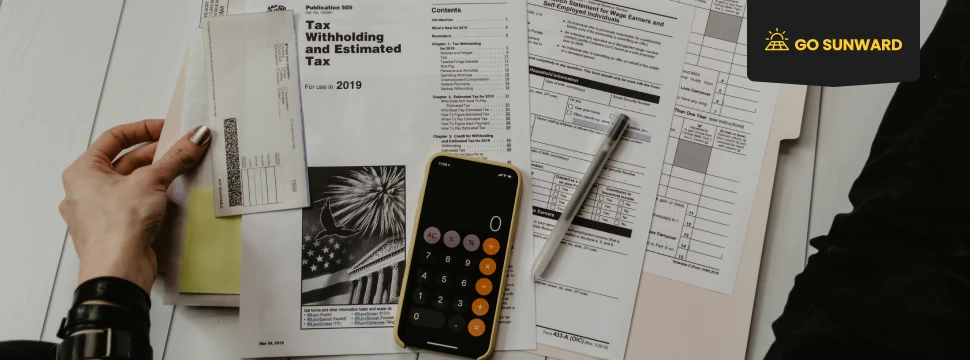What To Look For When Choosing A Solar Installer
Switching to solar energy is a smart and eco-conscious decision that can benefit both your wallet and the environment. However, a successful solar installation relies on more than just the quality of solar panels; it hinges on selecting the right solar installers. With numerous solar installer companies in the market, choosing the best one for your needs can be a daunting task.
In this article, we will guide you through the essential factors to consider when choosing a solar installer to ensure your transition to clean energy is seamless and hassle-free.
What Do Solar Installers Do, And Can You DIY?
Solar installers are professionals who specialize in the installation, maintenance, and repair of solar photovoltaic (PV) systems. They assess locations for solar panel suitability, design systems, handle permits and paperwork, install panels and related components, perform electrical work, conduct testing and inspections, and provide maintenance services. They also educate customers on system performance and maintenance. To learn more about the type of services solar installers offer, check out our marketplace with hundreds of the best solar companies in America.
While DIY solar panel installation is possible, it’s not recommended for most people due to safety concerns, technical expertise requirements, the need to navigate permits and regulations, and the availability of warranties and financing through professional installations. DIY solar kits exist but best suit those with strong electrical and construction backgrounds.
Hiring a qualified solar installer is generally advisable to ensure a safe and effective installation that maximizes the benefits of solar energy and sometimes even a solar battery for your property. For more info on DIY vs. professional installation, read this article.

Key Considerations When Selecting a Solar Installer
When looking at solar power options for your home or business, it’s essential to make an informed choice when selecting a solar installer.
Below, we highlight key considerations to help you choose the right professional for your solar installation needs.
Experience and Reputation: Begin your search by evaluating the installer’s experience and reputation. Look for companies that have been in the solar business for several years and have a track record of successful installations, such as Icon Solar, Blue Raven Solar, and Blue Chip Solar, among others.
Reading online reviews, from sources like Yelp, and seeking referrals from friends or neighbors who have gone solar can provide valuable insights into a company’s reputation. You could also consider using platforms like EnergySage to gather quotes and compare offers from multiple solar installers. EnergySage simplifies the process of finding a reputable installer that matches your specific requirements.
Licenses and Certifications: Verify that the solar installer is properly licensed and certified in your state. Licensing requirements vary by state, so check with your local regulatory authority to ensure compliance. Additionally, look for installers who are certified by reputable industry organizations like the North American Board of Certified Energy Practitioners (NABCEP).
Quality of Products: Inquire about the quality of solar panels and other components the installer offers. High-quality panels often come with longer warranties and better performance, ensuring your investment is durable and efficient over time. Ensure that the installer uses reputable and well-established solar panel manufacturers.
Customized System Design: A good solar installer should provide a customized system design tailored to your specific energy needs and roof characteristics. Avoid one-size-fits-all solutions, as they may not maximize your solar potential. The installer should conduct a thorough site assessment to determine the best system for your home or business.
Transparent Pricing: Beware of installers who offer deals that seem too good to be true. A reputable installer will provide a transparent and detailed breakdown of costs, including equipment, labor, permitting, and potential incentives or rebates. Compare quotes from multiple installers to ensure you’re getting a fair price.
Warranties and Maintenance: Inquire about the warranties offered for both equipment and workmanship. A solid warranty demonstrates the installer’s confidence in their products and services. Additionally, ask about maintenance and servicing plans to ensure your solar system continues to operate efficiently.
Local Knowledge: Local expertise is crucial, as regulations, incentives, and weather conditions can vary by region. Choose an installer with local knowledge and experience in your area to navigate these factors effectively.
References and Portfolio: Ask for references and examples of past installations. Contact previous customers to gauge their satisfaction with the installer’s work and customer service. A reputable installer should readily provide a portfolio of completed projects.
Financing Options: Inquire about financing options, including leases, loans, and power purchase agreements (PPAs), if you prefer not to purchase the system outright. A good installer will explain the pros and cons of each financing option and help you choose the one that suits your financial goals.
Environmental Commitment: If environmental sustainability is a priority for you, consider an installer that demonstrates a commitment to sustainability in its own operations, such as recycling and responsible disposal of materials.
Types of Solar Installations Offered: Free standing house, apartment solar panels, commercial solar instillations, and others.
The Wholesaler Your Installer Buys From: Make sure your installer is buying from a reputable wholesaler that offers top quality products and extended warrantees on solar panels – you can read about solar panel wholesalers in the USA here.
Next Steps…What To Expect?
Solar installations begin with an initial consultation, where a solar installation company evaluates your energy needs, budget, and goals. Following this, a site assessment is conducted to analyze factors like sunlight exposure, shading, and roof conditions to determine the optimal placement of solar panels.
With the site assessed, the solar installer designs a customized solar energy system tailored to your specific requirements, considering factors such as energy consumption patterns and local climate conditions. The permitting process comes next, where the installer manages the necessary paperwork and permits, liaising with local authorities and utility companies to ensure regulatory compliance.
The installation itself involves mounting solar panels, connecting them to inverters, and wiring the system into your property’s electrical panel. This step is executed with precision to ensure the secure and efficient operation of your solar energy system.
After installation, rigorous testing and inspections are conducted to verify the system’s proper functioning and safety. Once the system passes inspection, it’s activated, and you can begin generating solar energy. Solar monitoring systems allow you to keep track of your system’s performance and energy production.
To ensure the long-term efficiency and longevity of your solar system, solar installers often offer maintenance services. This includes periodic panel cleaning, damage checks, and replacing faulty components.
Throughout the entire process, you’ll receive support and assistance from your chosen solar installer, ensuring a smooth transition to clean, renewable energy for your property.

Conclusion
Choosing the right solar installer is a critical step in your solar energy journey. By considering factors such as experience, reputation, quality, transparency, and local expertise, you can ensure a successful and hassle-free transition to clean, renewable energy. You can also make sure you’re making the right choice by asking yourself – do solar panels increase home value?
Use can also use us as a helpful resource for learning about all things solar. Our platform offers a wealth of knowledge on solar technology, its benefits, and the latest developments in the field. From articles and guides explaining the basics of solar energy to in-depth analyses of solar panel efficiency, government incentives, and sustainable practices, we’ve got you covered. We aim to demystify the complexities of solar power and make it accessible to everyone, regardless of their level of expertise.




